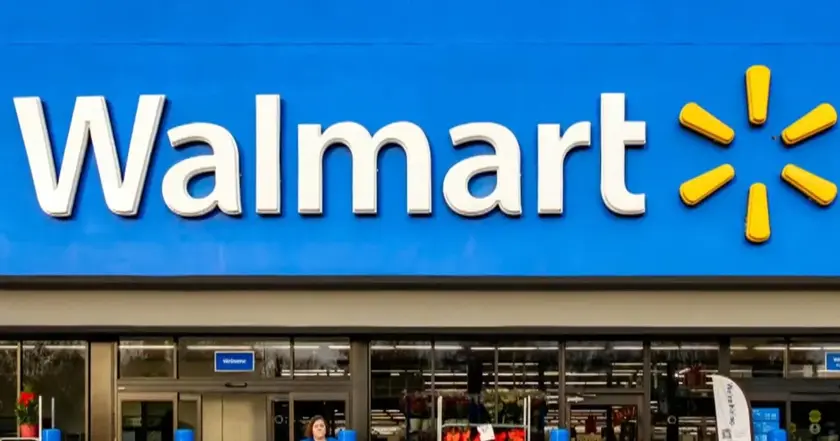T4K3.news
Frozen shrimp recall expands
More frozen shrimp brands are recalled due to potential Cesium-137 contamination, prompting FDA safety alerts and consumer caution.
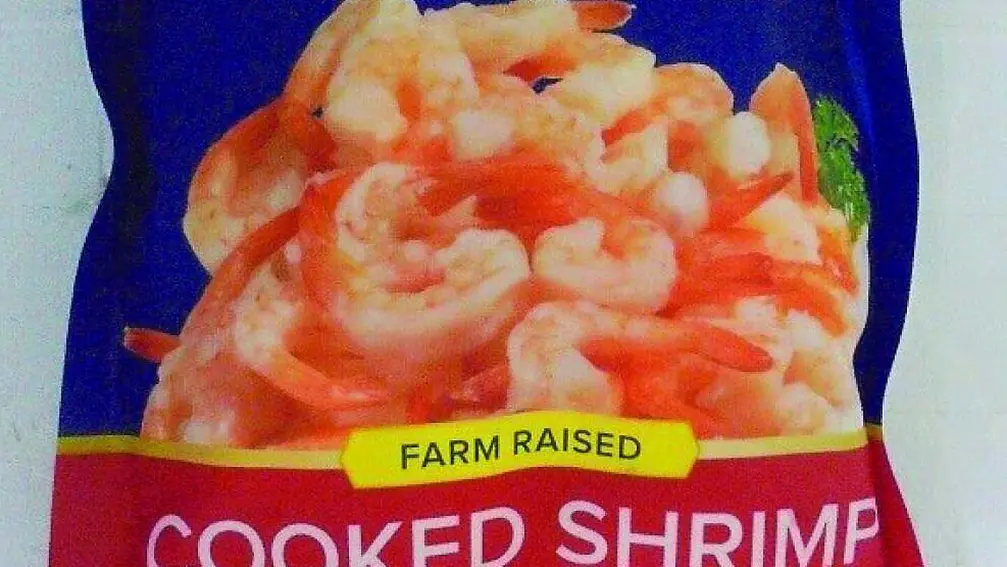
More frozen shrimp packages are being recalled due to potential Cesium-137 contamination, prompting safety advisories and questions about supply chain safety.
Frozen shrimp recall widens over radioactive contamination fears
California-based Southwind Foods recalled frozen shrimp sold under the brands Sand Bar, Arctic Shores, Best Yet, Great American and First Street. The bags were distributed between July 17 and Aug. 8 to stores and wholesalers in nine states: Alabama, Arizona, California, Massachusetts, Minnesota, Pennsylvania, Utah, Virginia and Washington. Walmart stores also recalled Great Value frozen raw shrimp in 13 states this week due to potential contamination.
The recalls follow a safety alert from the U.S. Food and Drug Administration after Cesium-137 was detected in shipping containers sent to four U.S. ports and in a frozen breaded shrimp sample imported from Indonesia. The FDA advises consumers not to eat the recalled products. Cesium-137 is a radioactive isotope linked to nuclear reactions; traces are widespread in the environment, but the main health risk comes from long-term, low-dose exposure that can raise cancer risk.
Key Takeaways
"Food safety is non negotiable for every family"
Editorial stance on consumer protection
"The recall highlights the need for stronger traceability in multi country food supply chains"
Analytical note on systemic risk
"Cesium-137 detection in seafood shipments prompts swift regulatory action"
Factual observation on safety response
This episode shows how a single contamination signal can ripple across brands and retailers quickly. It tests how well companies trace suppliers and communicate safety information to shoppers. As supply chains span multiple countries, there is growing pressure for stronger testing, faster recalls and more transparent reporting. The episode also highlights the reputational stakes for brands and retailers when safety lapses occur.
Looking ahead, regulators and industry players may push for tighter screening of imported seafood, clearer labeling and more robust traceability to prevent future scares. The public health goal is clear: protect consumers while keeping the food system resilient.
Highlights
- Trust in safety updates must be fast and clear
- Food safety is non negotiable for every family
- A recall tests a brand’s responsibility
- Consumers deserve honest updates when risk emerges
Radioactive contamination recalls raise public health risk
The spread of Cesium-137 through frozen seafood recalls highlights potential health risks from long-term exposure and underscores the need for transparent testing and fast, accurate communications.
The recall will test how quickly companies can restore consumer confidence through proof of safe testing and transparent communication.
Enjoyed this? Let your friends know!
Related News

Recall alert for frozen shrimp
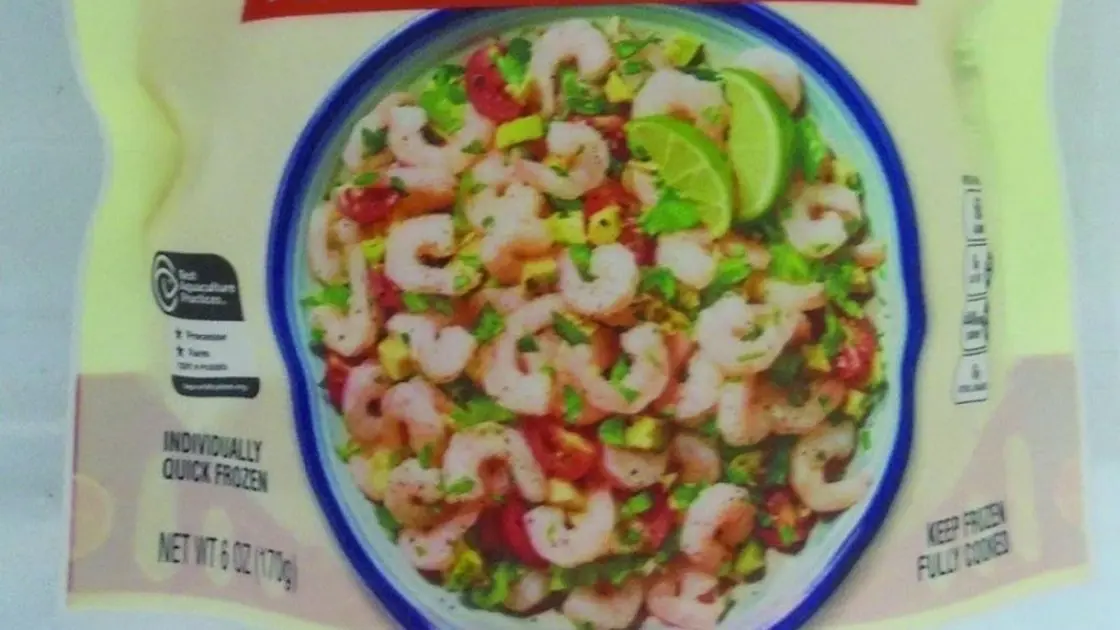
Shrimp recall expands amid contamination concerns
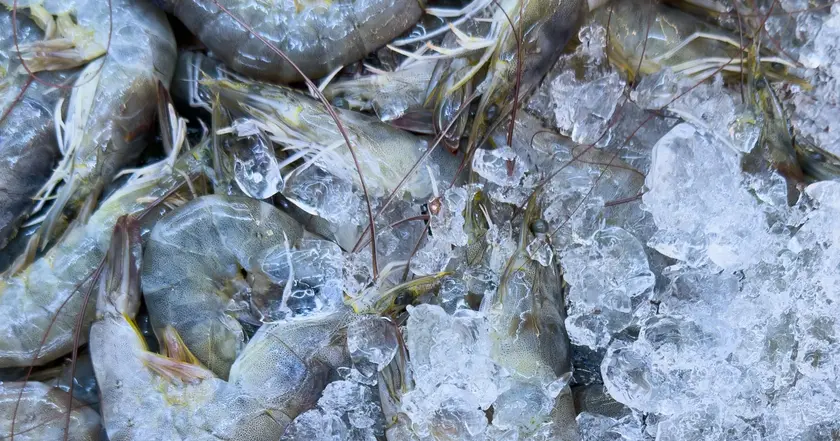
Radioactive shrimp recall expands

Walmart shrimp recall notice
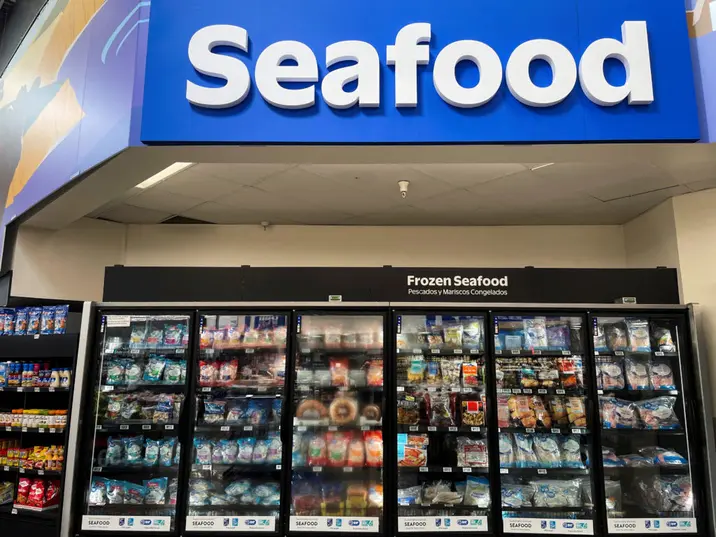
Walmart recalls frozen shrimp after radiation detection
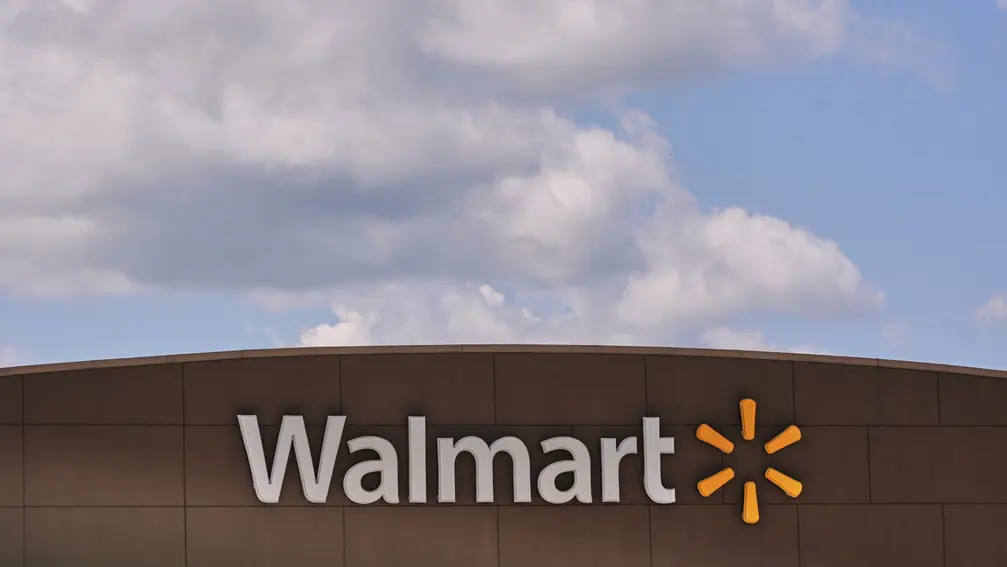
Walmart recalls shrimp over potential radioactive contamination

FDA warns about radioactive Walmart shrimp
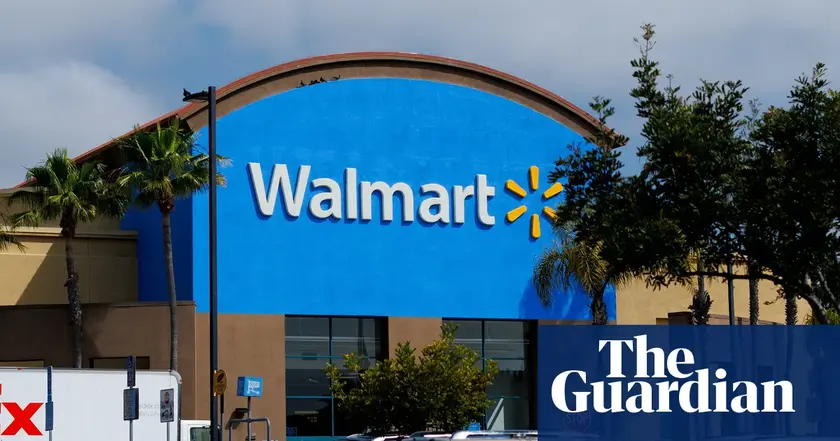
Walmart recalls potentially radioactive shrimp sold in 13 states
